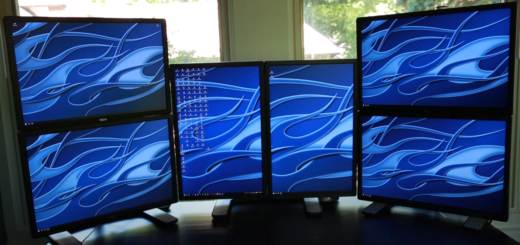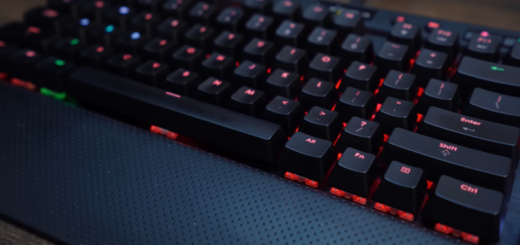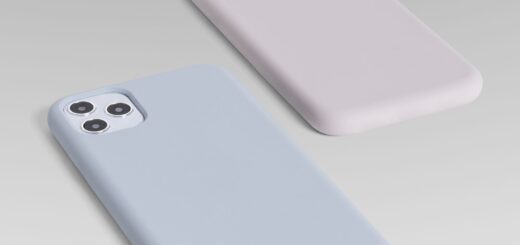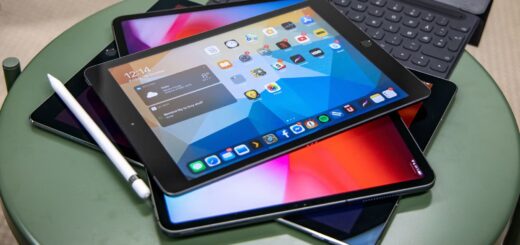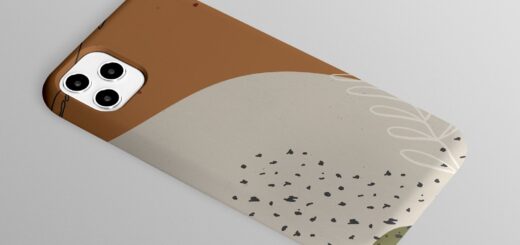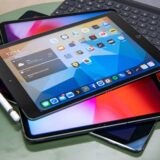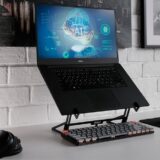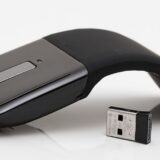Mechanical Keyboards: 7 Pros and Cons for Typing and Gaming
You might have received chatter about them from your tech-savvy buddy or gaming pal, yet what makes mechanical keyboards superior?
When I stumbled upon my inaugural mechanical keyboard (quite unintentionally), a handful of revelations struck me right off the bat:
- A heightened tactile experience;
- An immensely gratifying auditory feedback;
- A markedly enhanced aesthetic.
Truth be told, I was entirely oblivious to the realm of mechanical keyboards, and I hadn’t anticipated them diverging so distinctly from my trusty Apple Magic keyboard. I was completely unaware of what a mechanical keyboard was and didn’t anticipate it to differ so significantly from my Apple Magic keyboard. However, I was utterly amazed by the experience. I’ve developed a strong affinity for mechanical keyboards and have gone as far as crafting numerous custom keyboards from the ground up.
Now, let’s delve into a comprehensive exploration of the pros and cons of mechanical keyboards.
Mechanical Keyboards: How They Differ from Regular Keyboards
In the domain of traditional keyboards, a series of gel-like “membranes” constitute the foundation beneath the keys. While these membranes are budget-friendly and adept at being manufactured en masse, they frequently deliver a tactile and auditory encounter that falls somewhat short, often being described as “mushy.”
In contrast, the stage is set for mechanical keyboards to make their entrance. Characterized by the presence of distinct physical switches situated beneath each key, these keyboards deviate significantly from their conventional counterparts. Beyond the surface-level switch, various other components within the keyboard’s architecture open doors to an intriguing realm of customization, enabling the exchange of parts to achieve a diverse spectrum of visual aesthetics, tactile sensations, and audible responses.
Mechanical Keyboards: 7 Benefits and Drawbacks
Let’s delve into the positives and negatives of mechanical keyboards.
Enhanced Typing and Gaming Experience
While mechanical keyboards are already embraced by the gaming community, their advantages extend to anyone who spends substantial time on a computer, elevating the overall user experience.
Several factors contribute to this:
- Tactile Feedback;
- Audible Feedback.
I distinctly remember my initial encounter with a mechanical keyboard (seriously). It brought about an immediate and tangible improvement in my typing speed.
The keys offered a satisfying tactile sensation, requiring less effort than my previous keyboard and feeling more comfortable under my fingers (a crucial aspect considering my daily keyboard usage of 8-12 hours for work and leisure).
Then there’s the auditory element.
- Mechanical keyboards emit a distinct sound (which you can personalize if you prefer a quieter experience, but more on that shortly);
- While the sound might not seem pivotal for typing or gaming, it actually plays a role. It provides your brain and fingers with feedback, confirming key presses;
- Odd as it may sound, this auditory feedback contributes to a more gratifying typing experience and might even lead to increased typing speed (it certainly did for me).
Personalize Your Keyboard Experience
What if you find delight in the tactile sensation of a mechanical keyboard, yet wish to spare your colleagues from the cacophony of loud clicks and clacks?
The solution lies in the simplicity and affordability of replacing switches to adjust the volume according to your preference.
In fact, you possess the ability to personalize various aspects of your keyboard!
- The Dimensions;
- The Auditory Feedback;
- The Tactile Experience;
- The Aesthetic Appeal.
Mechanical Keyboards Available in Multiple Dimensions
| Size | Description |
|---|---|
| 100% | The familiar full-sized keyboard with all standard keys. |
| 80% | Similar to full-sized, but without the right 10-key numpad. |
| 60% | Compact design without numpad, arrow keys, or function row. Ideal for travel. |
Desiring a Keyboard that Complements Your Workspace?
You have the option to acquire distinct keycaps, a hassle-free endeavor with mechanical keyboards. The online realm is brimming with exquisite designs to explore.
Given the considerable time you invest at your keyboard, the capacity to personalize this experience brings about a transformative difference!
Sound & Sensation: Fine-Tune Your Typing Encounter with Switches
The realm of keyboard switches encompasses three primary types, each lending a subtly distinct tactile sensation and auditory feedback.
| Switch Type | Description | Noise Level | Popular Switches |
|---|---|---|---|
| Linear switches | Direct and simple keystrokes | Soft | Red, Black, Yellow |
| Tactile switches | Offers tactile feedback during keystrokes | Medium to loud | Brown, Clear |
| Clicky switches | Tactile feedback with an audible “click” | Medium to loud | Blue, Green |
Enhanced Longevity: The Strength of Mechanical Keyboards
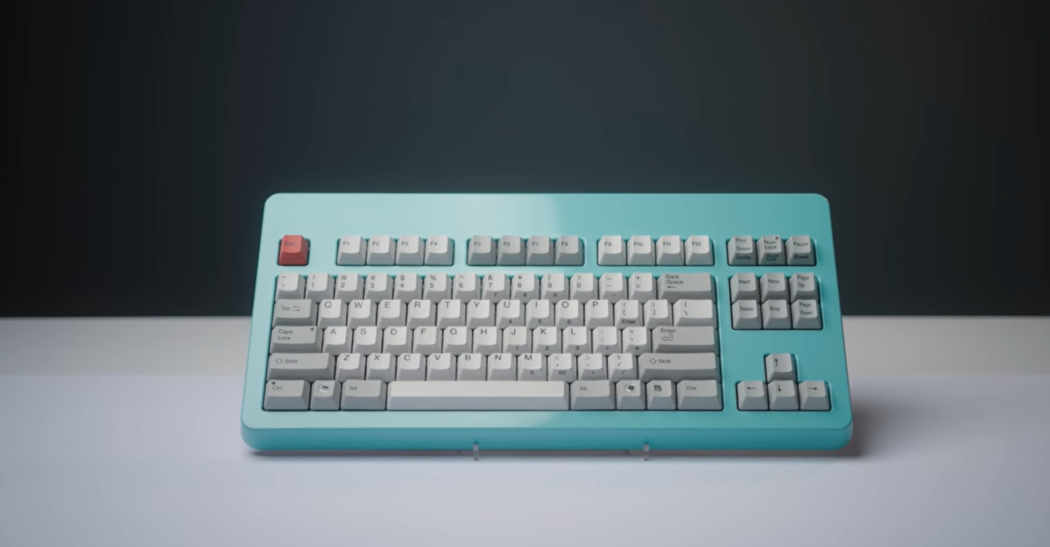
Alt:
Few things are as frustrating as dealing with jammed keys or a malfunctioning keyboard. The durability of mechanical switch keyboards surpasses conventional options for several reasons:
- Built to Endure: The physical switches themselves are engineered to withstand an astonishing number of keystrokes, often reaching hundreds of millions;
- Premium Materials: Keyboards with mechanical switches often boast higher quality and sturdier components, including keyboard cases, resulting in extended longevity;
- Modularity Advantage: One standout feature is their modularity. If a single component breaks, it can be easily replaced without compromising the entire keyboard’s functionality. A malfunctioning “Left Shift” key can be resolved by removing and replacing the corresponding keycap and switch.
Upon purchasing a mechanical keyboard, you’ll usually receive tools like a “switch puller” and “keycap puller,” often with spare switches. This convenient provision makes repairs hassle-free and economical.
Furthermore, maintaining and repairing mechanical keyboards is notably simpler compared to traditional membrane keyboards, and their extended lifespan is often well worth the initial investment, which we’ll discuss further shortly.
Transforming Mechanical Keyboards into a Hobby
While the initial investment in mechanical keyboards might come at a higher price, the value they provide through an improved typing and gaming experience cannot be understated. Beyond mere functionality, they often demonstrate a prolonged lifespan when compared to their membrane counterparts, making them a long-term consideration for avid users.
Moreover, the allure of mechanical keyboards extends beyond performance metrics. Their customization options, spanning aesthetics, tactile feel, and auditory feedback, cater to a diverse range of preferences and demands. These keyboards are particularly recommended for individuals who spend significant hours engaged in computer-based tasks, whether for work, gaming, or creative endeavors. For those willing to delve into the vibrant “keeb” community, resources like the referenced video can serve as valuable guides, assisting enthusiasts in finding the precise keyboard that harmonizes with their unique preferences and requirements.
- From selecting your preferred size;
- To handpicking switches that suit your taste;
- And even curating aesthetically pleasing keycaps;
- The process is a delight from start to finish.
(Keep in mind that diving into this hobby doesn’t necessarily require spending a fortune or constructing a keyboard from the ground up. Budget-friendly, pre-assembled boards offer a fantastic way to revel in this pursuit!)
Elevated Cost: Mechanical Keyboards Outprice Regular Ones
As a general rule, they come with a higher price tag.
- At the lower end, you can find quality budget mechanical keyboards ranging from $60 to $100 (and if you’re interested in keyboards under $50, we’ve got you covered!);
- For customized kits featuring enhanced materials, the price range typically falls between $150 and $350;
- On the upper end, you could potentially invest over $600 to $700 or more.
From my perspective, I’ve never exceeded the $250 mark for a keyboard (even though I’m quite invested in this hobby). It’s simply not my preference.
Here, I present my handpicked selection of budget-friendly beginner keyboards, all thoughtfully pre-built:
| Pete’s Faves | Price | Different Sizes Available? | Bluetooth? | Works with Mac? | KeebNews Tested? | Switch options? | Color options? |
|---|---|---|---|---|---|---|---|
| Glorious GMMK Modular Mechanical Gaming Keyboard | $79.99 | Yes | No | Yes | Yes | Yes | Yes |
| RK ROYAL KLUDGE RK84 80% | $69.99 | Yes | Yes | Yes | Yes | Yes | Yes |
| Keychron K2 Best for Mac | $55.99 | Yes | Yes | Yes | Yes | Yes | Yes |
| ANNE PRO 2 60% | $39.99 | No | Yes | Yes | Yes | Yes | Yes |
And if the range of $75 to $100 still feels a bit on the higher side, I completely understand.
But it’s important to keep in mind that these keyboards are designed for long-lasting performance! (And don’t forget, this experience promises plenty of enjoyment and an enhanced typing and gaming experience.)
Another Downside: Mechanical Keyboards Produce More Noise
A considerable number of individuals opt for a quieter typing experience, particularly in scenarios where the distinct sound of keystrokes might be less than desirable. This preference is especially relevant when using laptops equipped with low-profile, nearly silent keyboards.
Furthermore, when one’s workspace involves sharing close quarters with others, such as in a bustling coffee shop or a collaborative office environment, the concern for noise-related disturbances becomes all the more significant. The potential for keyboard noise to cause disruptions or distractions emphasizes the need for solutions that balance efficient typing with minimal auditory impact.
Nonetheless, several measures can be undertaken to mitigate the auditory impact of any mechanical keyboard:
- Opt for a desk pad (mat) beneath your keyboard. This not only minimizes sound but also adds an aesthetically pleasing touch. A multitude of desk pad designs are available;
- Choose a quieter switch. Linear switches generally generate less noise than tactile or clicky switches, and you can even find “silent switches” for an even quieter experience.
Mechanical Keyboards Tend to Be Larger and Weightier
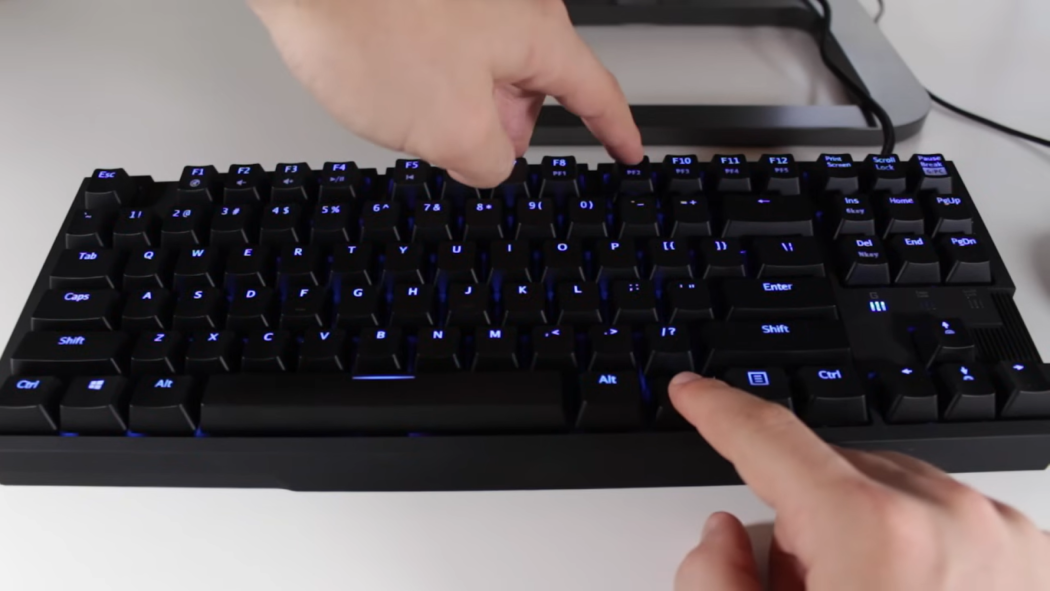
While I personally view this as a positive, it’s worth noting that many individuals frequently travel with their laptops.
For those predominantly using laptops, integrating a mechanical keyboard can substantially consume more desk space – and it might feel slightly awkward to extend over the keyboard to access the trackpad. Furthermore, it would require more room within your bag, potentially adding an extra pound or two to its weight. Even if you’re swapping out a membrane keyboard on your desktop, a mechanical alternative will likely possess a larger form factor (dependent on keyboard size, naturally) and carry more weight.
Additionally, mechanical keyboards often boast increased height. For individuals with smaller hands, typing on a higher-profile keyboard might induce discomfort (although acquiring a wrist rest or opting for a low-profile keyboard could be a solution).
Conclusion
Despite the higher price, mechanical keyboards offer an enhanced typing (and gaming) encounter. Moreover, their durability is noteworthy. Considering the ability to personalize their aesthetics, tactile sensation, and auditory feedback, we wholeheartedly endorse mechanical keyboards for anyone who spends extended hours on their computer.

